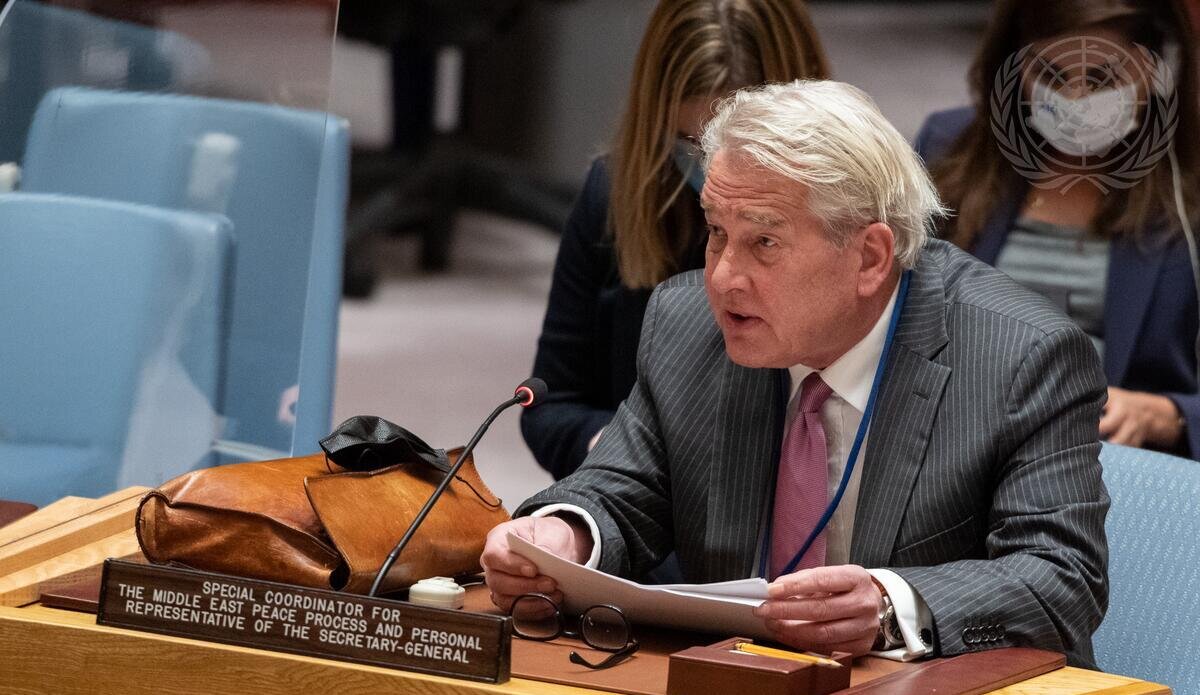News
A Palestinian child was killed in an Israeli attack in Jabalia, northern Gaza, on Tuesday morning, marking another violation of the ceasefire agreement, as Israel continues to breach it, killing hundreds of civilians, most of them children, women, and the elderly.

